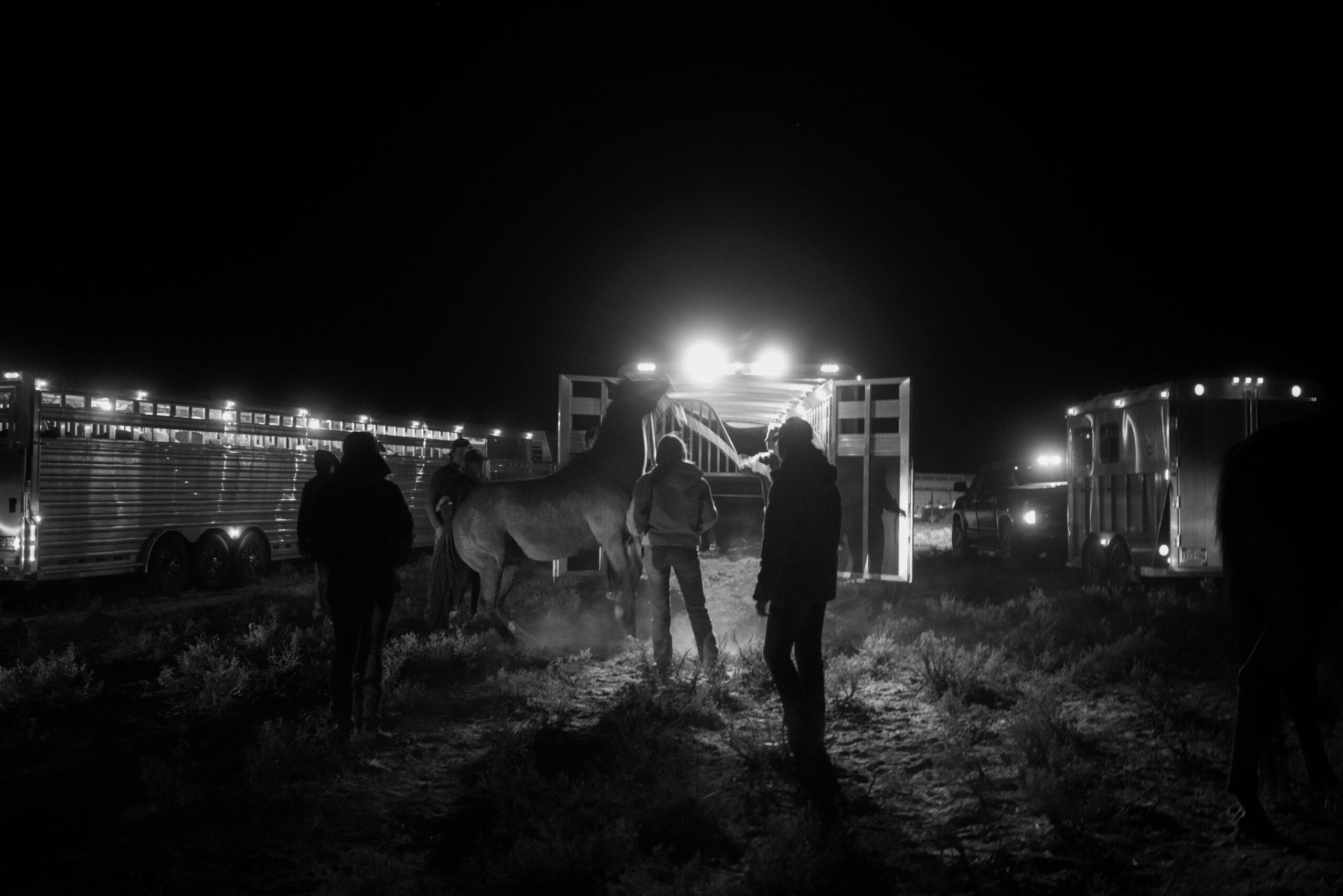
An Encroaching Wildfire Was Just One Challenge In A Harrowing Horse Rescue
Evacuating horses is no easy task. Let alone 200 of them. But when the East Troublesome Fire exploded last October, it’s the monumental task ranchers in Granby faced. And the two and a half hour slog was just the beginning. Henri Halle recounts the experience in a new podcast.
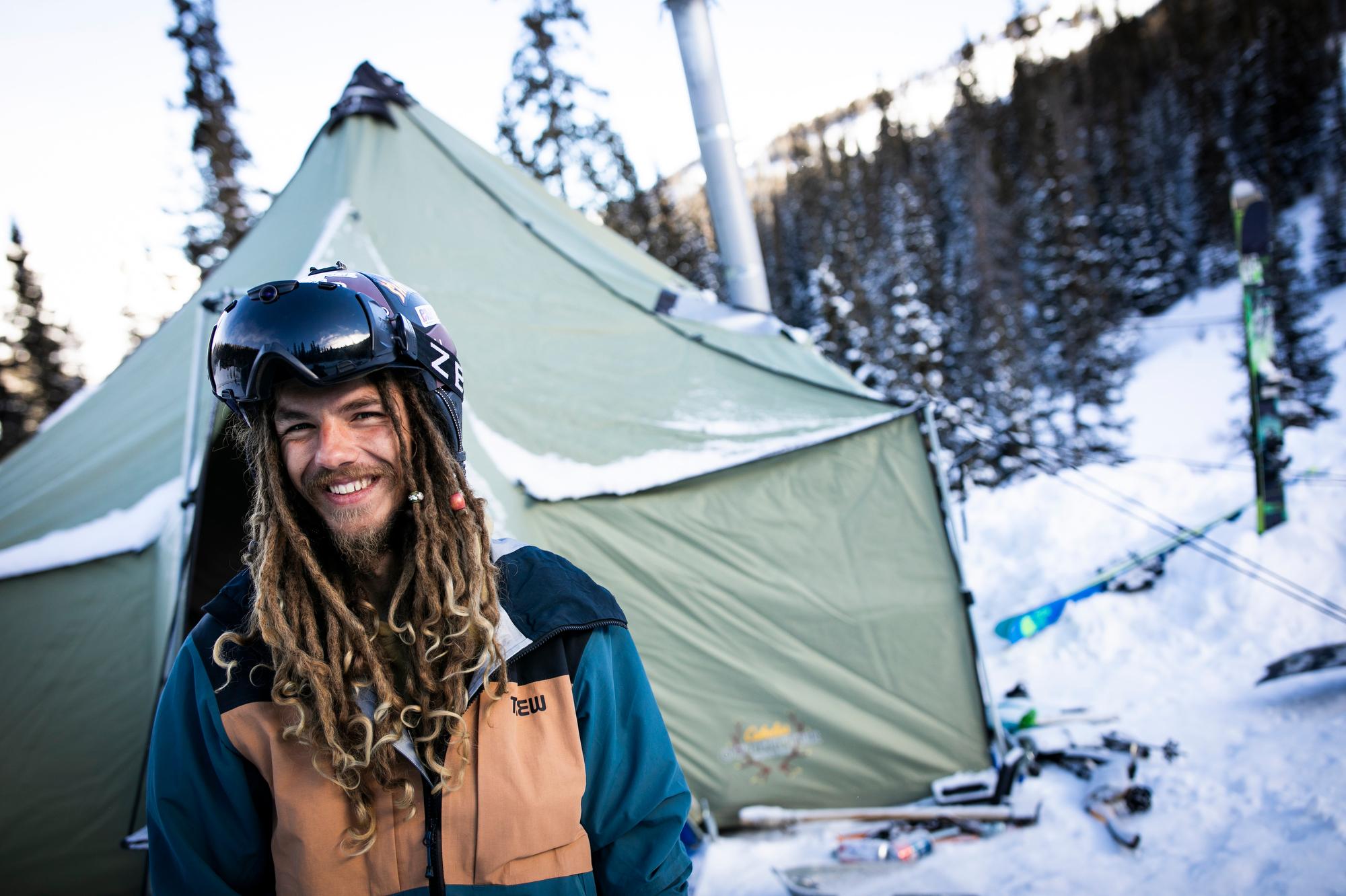
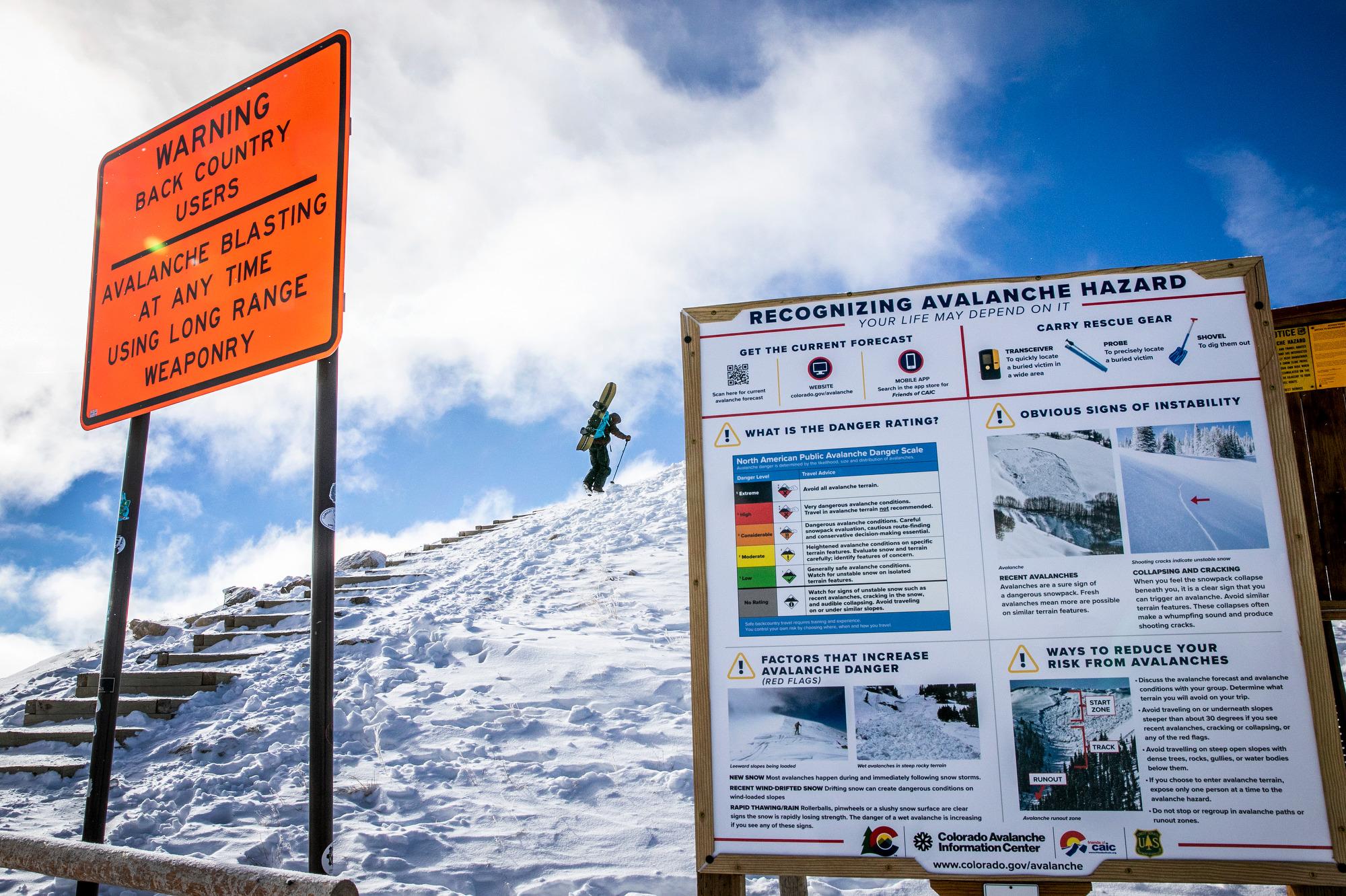
Why The Pandemic And A Weak Snowpack Mean You Need To Stay On Your ‘A Game’ In Colorado’s Backcountry
Colorado’s avalanche danger this month has hovered around the moderate and considerable levels, and experts say that’s when most fatal avalanche accidents happen.
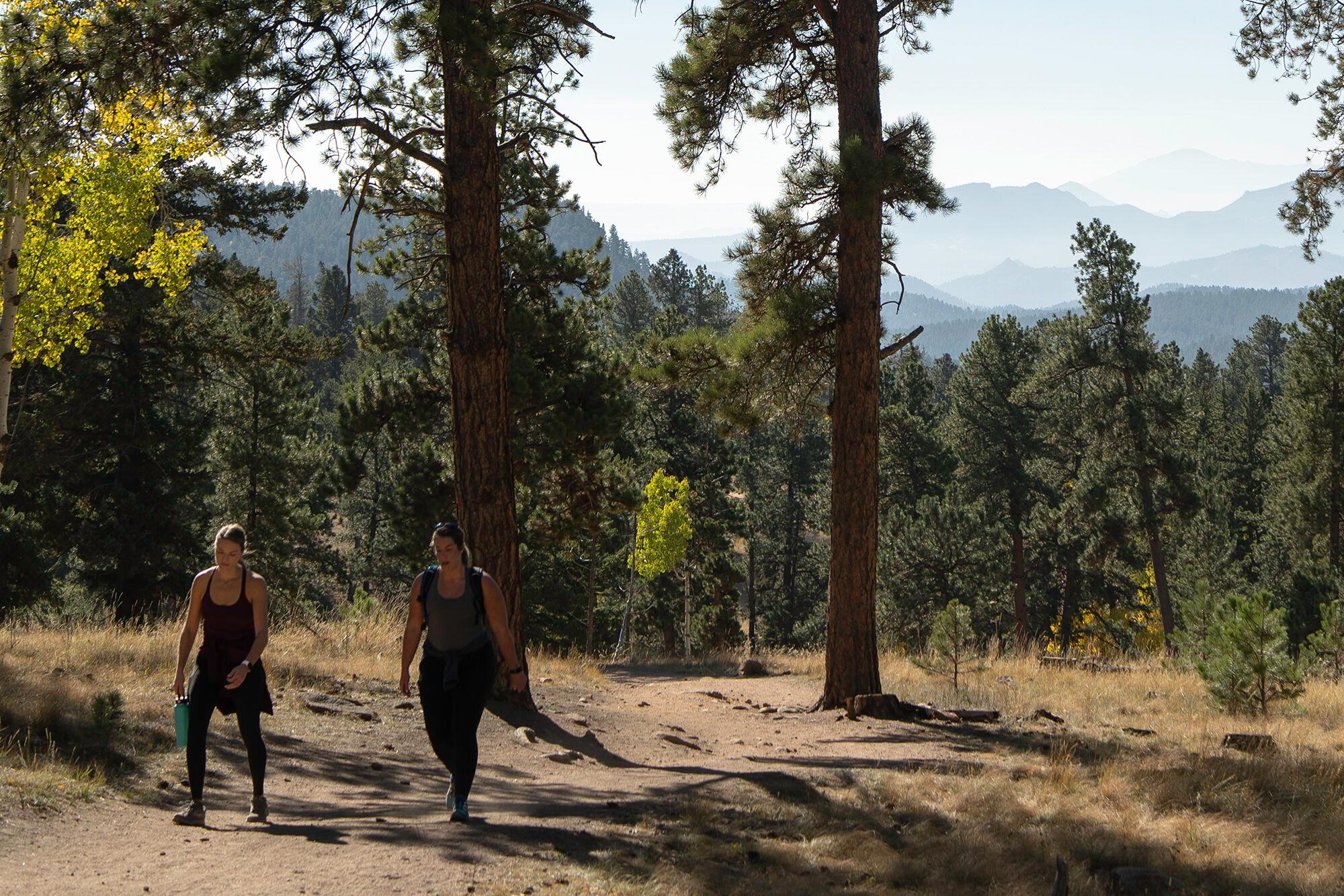
It’ll Now Cost $4 To Get Into 36 Colorado State Parks Without A Vehicle
It used to be free for hikers, bicyclists and horseback riders to enter most state parks. That changed last year, thanks to state law. And as of this month, even more of them are charging a daily entrance fee.
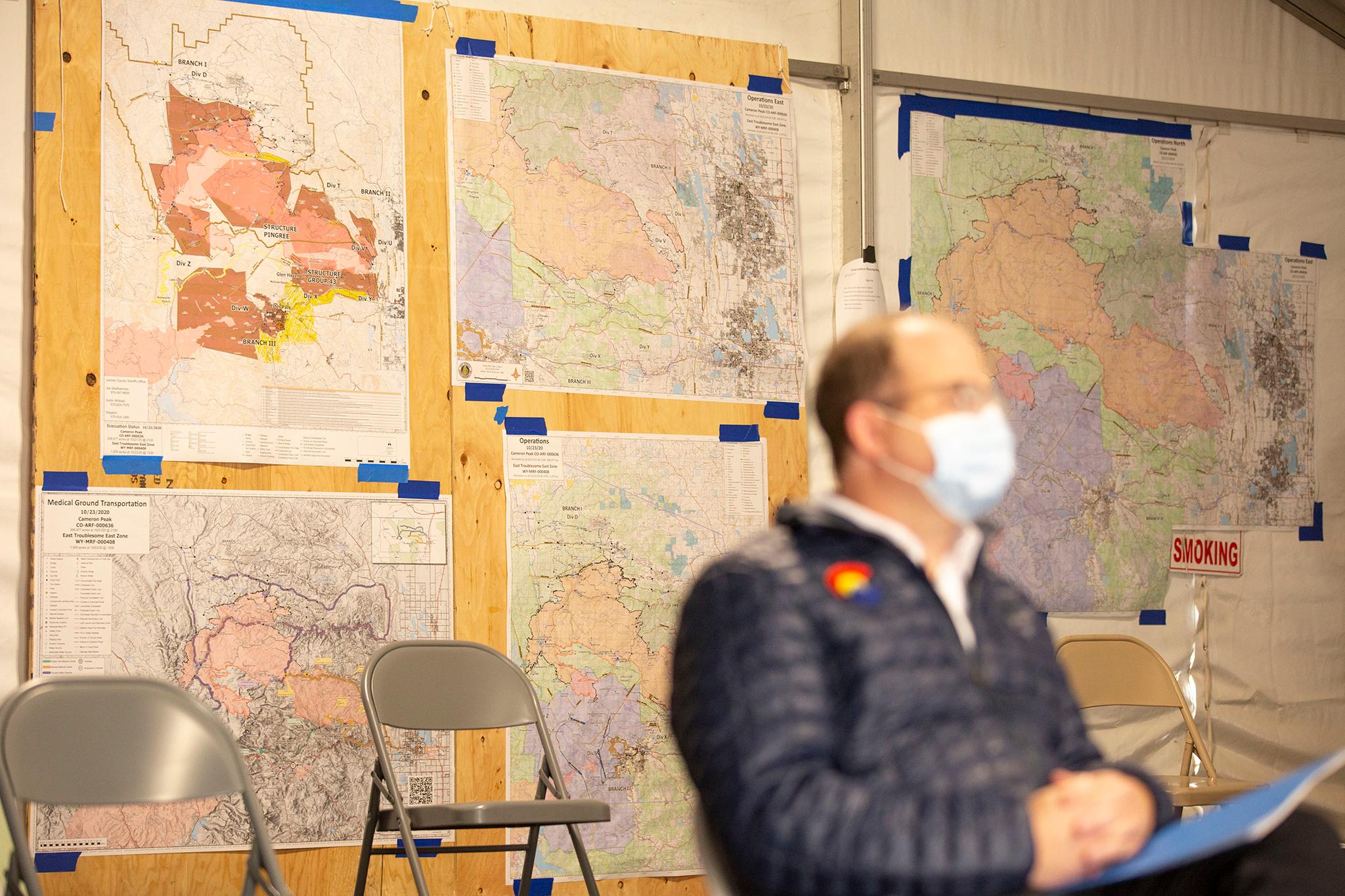
What We Know About The East Troublesome And Cameron Peak Fires
The East Troublesome Fire is now the second-largest wildfire in recorded Colorado history. And on Thursday, there was a chance it would merge with the Cameron Peak fire, which is burning west of Fort Collins.
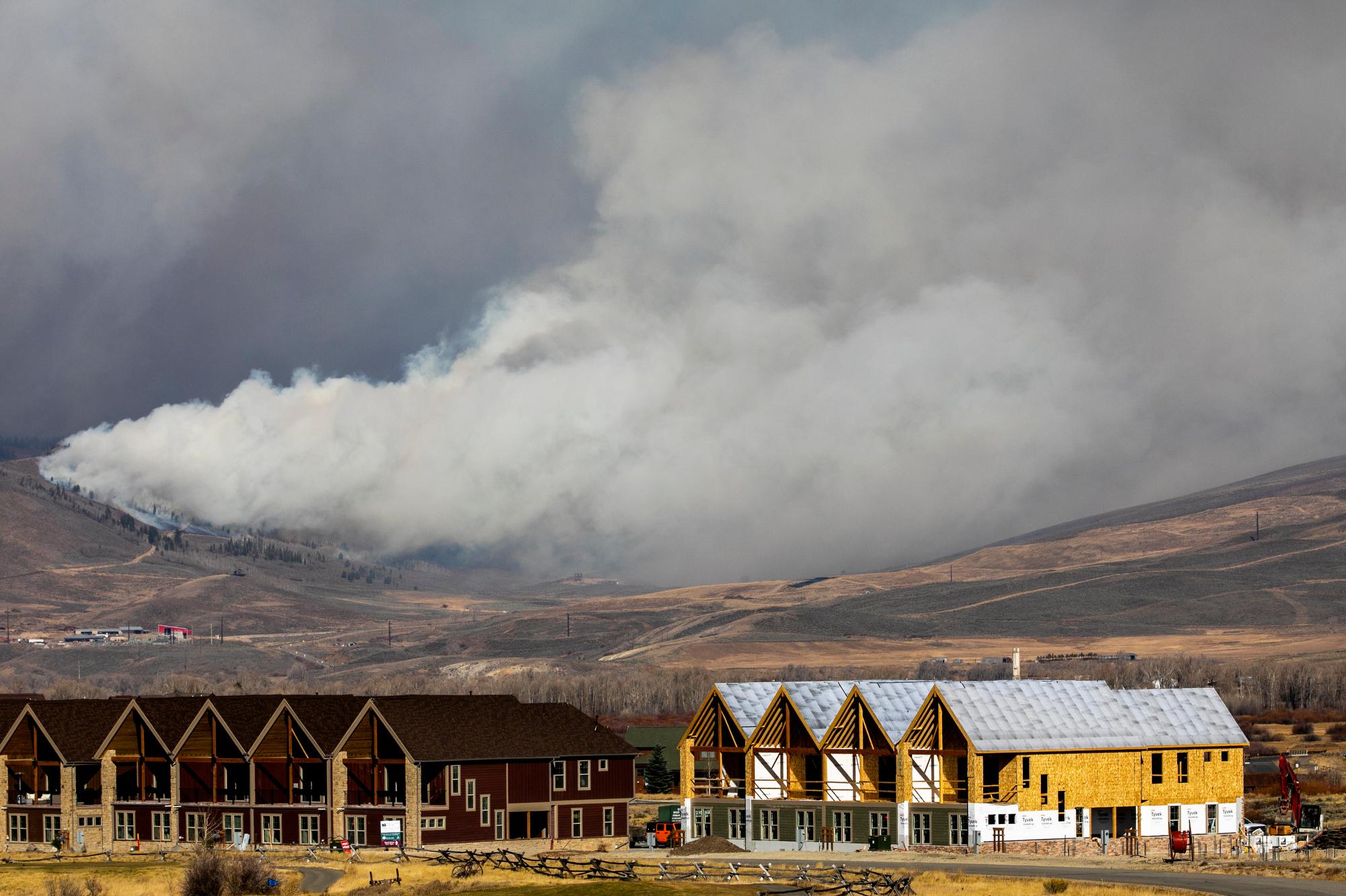
‘We Are In Defensive Mode’: Grand County’s Fast-Growing East Troublesome Fire Prompts More Evacuations
“Today’s mission is going to be on life safety, it’s going to be on evacuations and ensuring that people are out of the way of future fire growth,” said incident commander Noel Livingston.
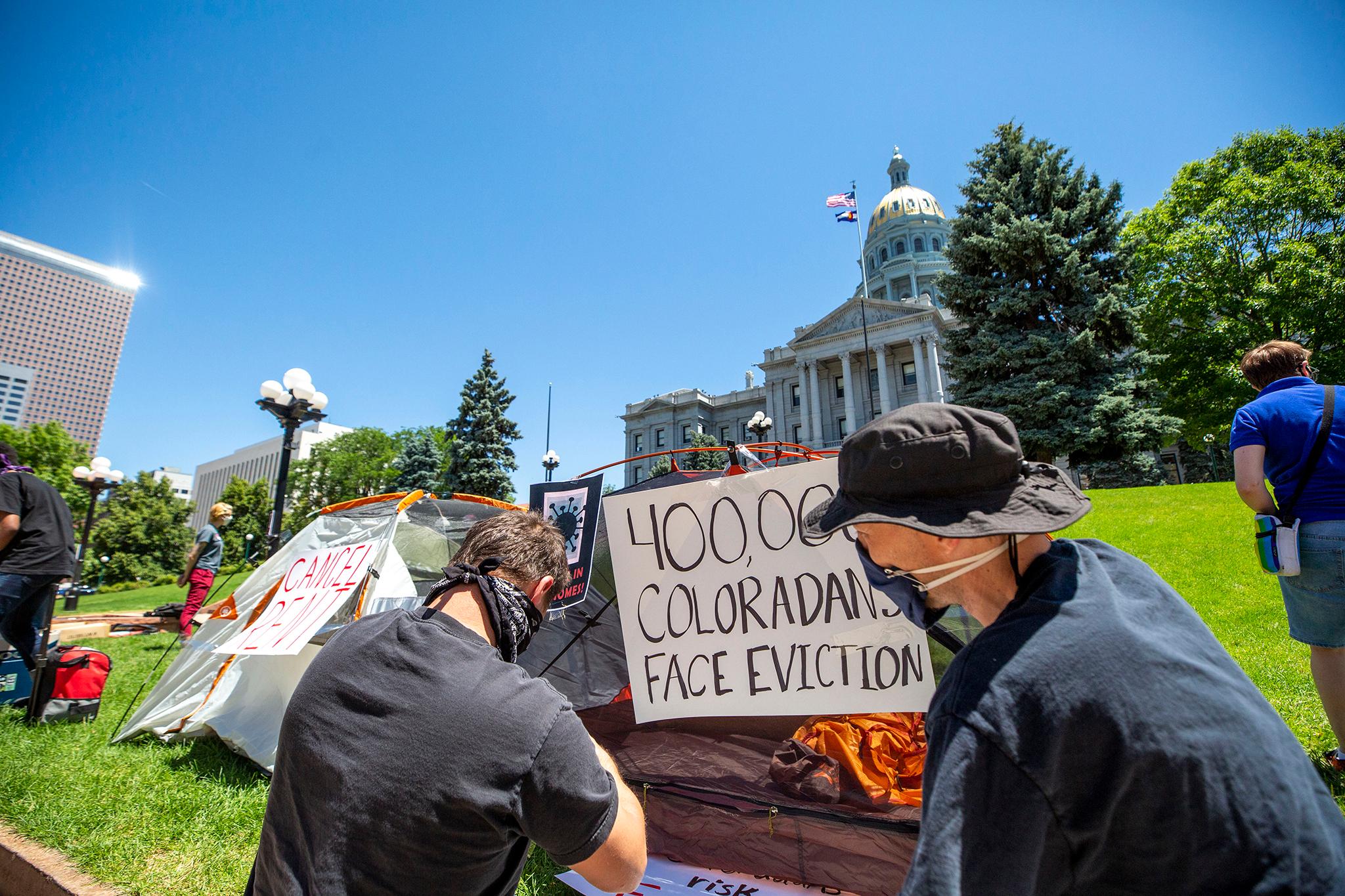
Polis Executive Order Puts Another Hold On Many Colorado Evictions
The new order adds protections for renters, including those whose leases have expired.

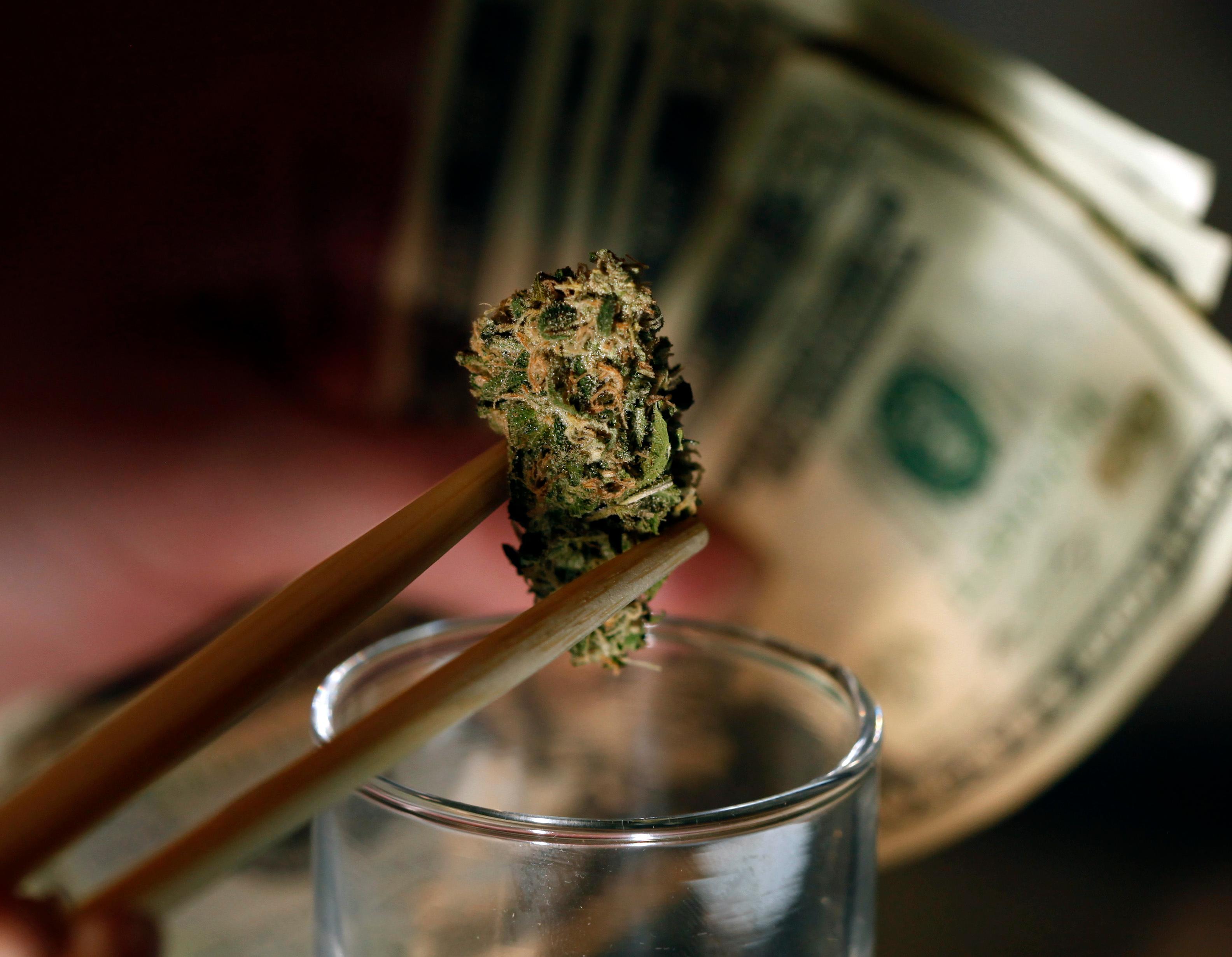
Marijuana Sales In Colorado Dropped In August For The First Time Since April
People still spent more than $218 million on cannabis, the state’s second-highest total ever.

A Religious Group Has Gone Ahead With A Conference In Colorado. The State Is Trying To Stop It
Andrew Wommack Ministries held a conference in July that led to a COVID-19 outbreak resulting in 63 cases and one death.
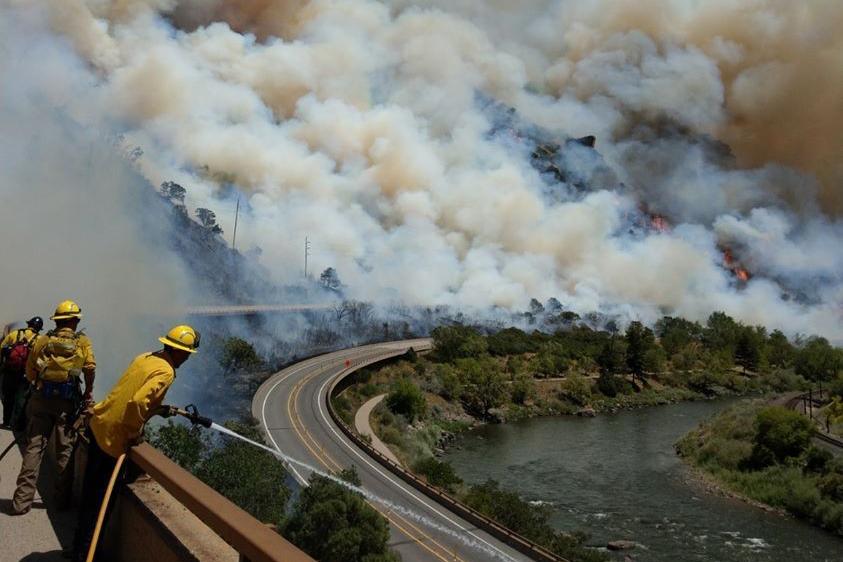
Grizzly Creek Wildfire Shuts Down I-70 Near Glenwood Springs
The Glenwood Springs Fire Department responded to reports of a brush fire near mile marker 120 on Monday afternoon.
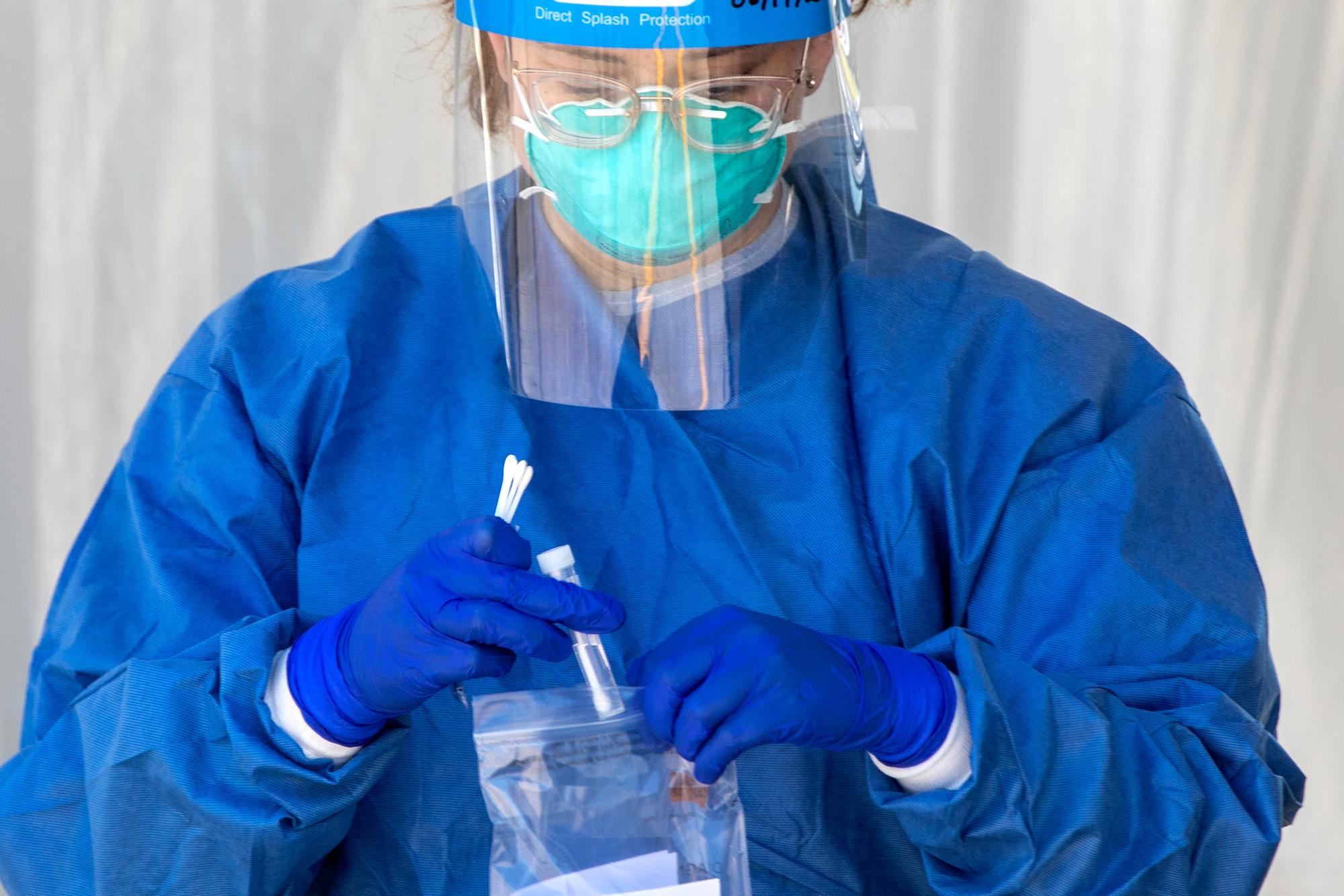
Here Are Colorado’s 3 State-Run Sites That Offer Coronavirus Tests For Free
The state now has two more community COVID-19 testing sites in Adams County and Aurora in addition to the one at the Pepsi Center in Denver.
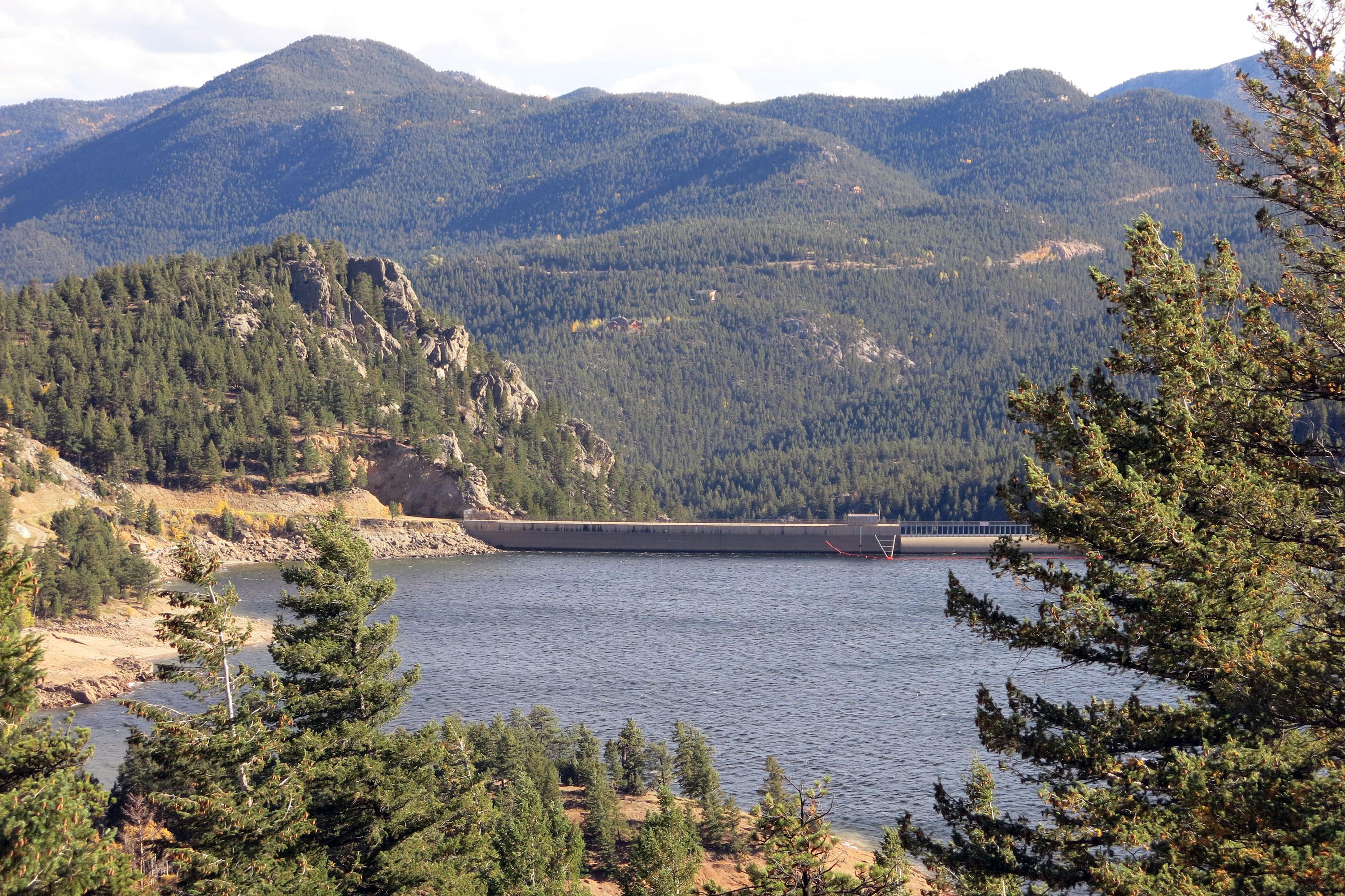
Some Environmental Groups In Colorado Still Hope To Stop The Gross Reservoir Expansion
A federal commission recently gave approval for Denver Water to move forward with the project. But a Colorado Court of Appeals case and a lawsuit against three federal agencies are still pending.
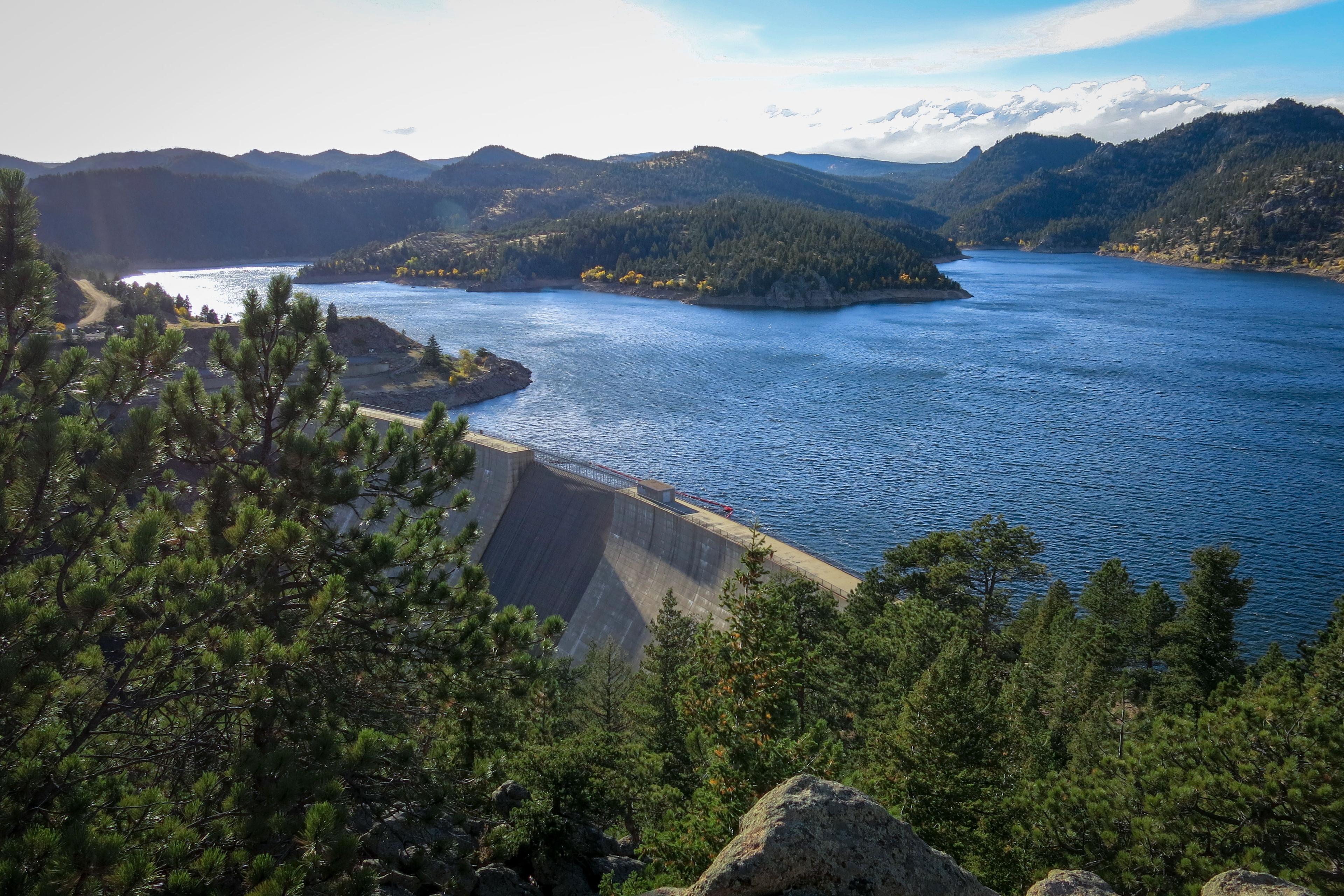
Boulder County’s Gross Reservoir Can Proceed With Expansion Following Lawsuit
Environmental groups had sued to stop the project, saying it would harm aquatic life and wildlife as well as hinder streamflows.

Colorado Banked $96,000 In The 1st Month Of Sports Betting
Guess what? Table tennis drew the largest sum of wages of any sport in Colorado in May.
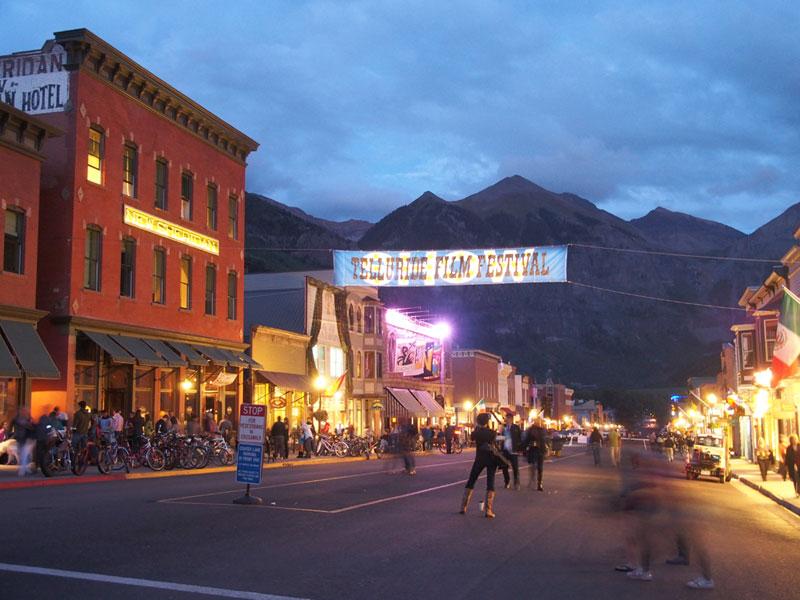
The Telluride Film Festival Is A No-Go For 2020
The festival takes place every year over the Labor Day weekend, which is widely considered the start of Oscar season.
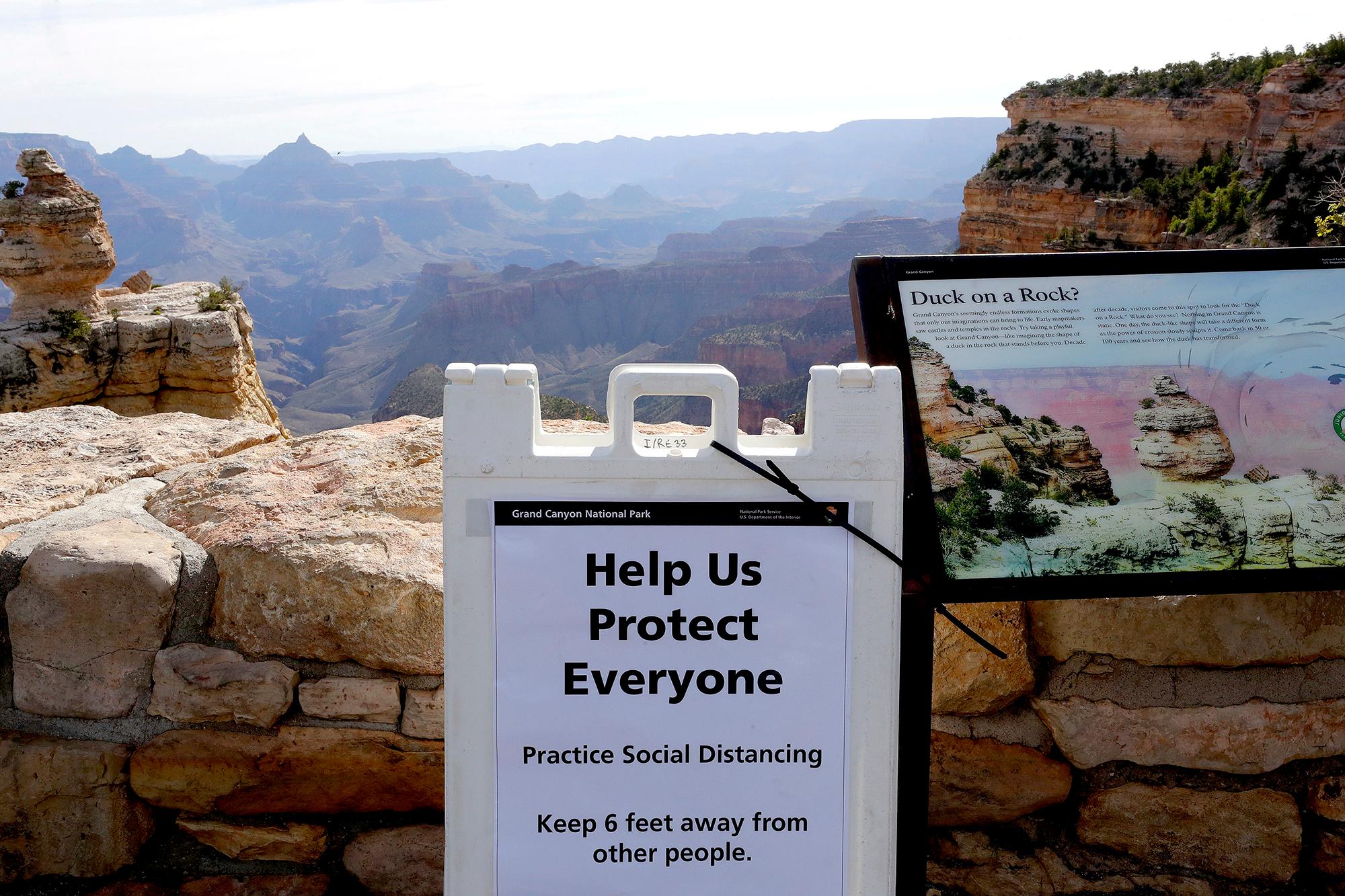
Gov. Polis Says Colorado Is Watching COVID-19 Spikes In Arizona And Utah
Hospitalizations in Arizona and confirmed cases of COVID-19 in Utah have been on the rise recently.


